Editor’s Note: Over the months to come, we are providing posts dedicated to better improving the post secondary education experience. This post is authored by David Zanolla, who teaches at Western Illinois University, and who annually hosts students learning best in business practices at Walt Disney World.
Over the course of my 12 year collegiate teaching career, I estimate to have presided over more than 100 first days of class. By that math, I have also presided over more than 100 weeks of final exams. I give these numbers not to boast, but to give context on how long it took me to learn an important lesson about teaching.
About five years ago, it was nearing the end of the semester and I made a passing statement about final exams. I said something along the lines of, “since we only see each other once that week.” Nearly every student in the class looked at me like I had a third eye in the middle of my forehead. After a few moments of awkward silence, one of the students said, “what do you mean we only meet once during finals week?” Somewhat surprised, I asked, “Has no one ever talked with you about how final exams work?” Most shook their heads to signify that they had indeed never been briefed on how the week went. From that point on, I made it a point to always discuss the details of finals week with my freshmen.
Why do I tell that story?
I had been teaching for years and had never thought to discuss the final exam week schedule with my students. I assumed (incorrectly so) that one of the other faculty members would have mentioned it. How had I missed something so simple? In my public speaking classes, I stress the importance of knowing your audience, how did I miss this?
This story came back to me as I walked around Walt Disney World on a recent trip. There were maps everywhere I turned. Maps as you enter the parks, maps inside of merchandise locations, even maps on some snack carts. Whether it was a guest’s first or twentieth visit, Disney was making sure they had the information they needed.
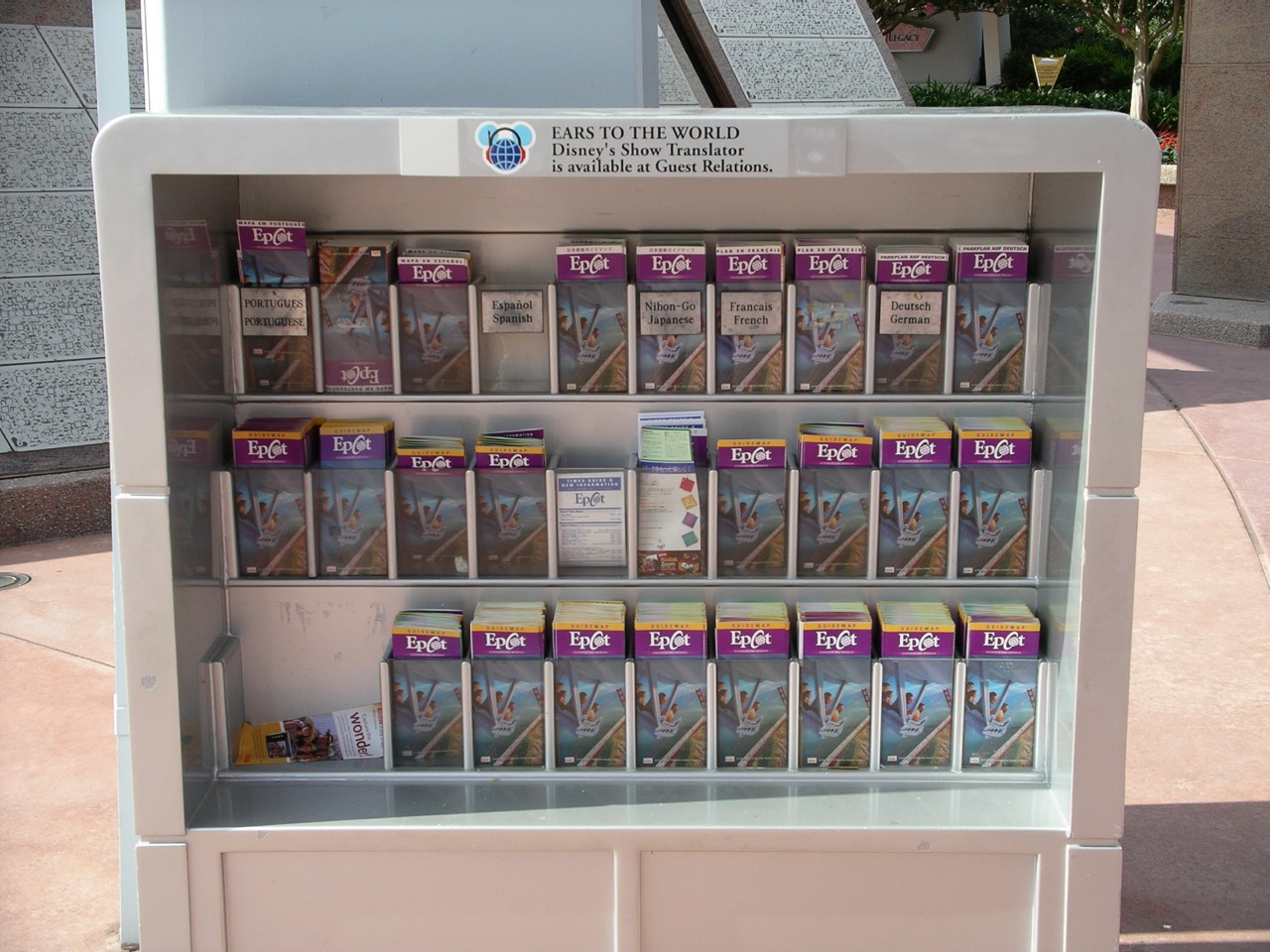
In addition, right next to the park maps, a guest could always find a Times Guide (containing information on special operating hours, restaurant opening/closing times and character meet and greet times/locations). Again, guests were being kept informed on the details of a park day regardless of their number of previous visits.
Unsurprisingly, this practice of keeping people informed isn’t only found in the Disney theme parks. When you sail with Disney Cruise Line, you get many reminders that keep you “in the loop.” Every night while you are at dinner, your stateroom host/hostess leaves a schedule (called a “Navigator”) on your bed to help you plan the following day.

It lists events around the ship from breakfast until nighttime. But, it doesn’t stop there; it also provides the operating hours and locations of everything offered on the ship (merchandise, dining, etc).
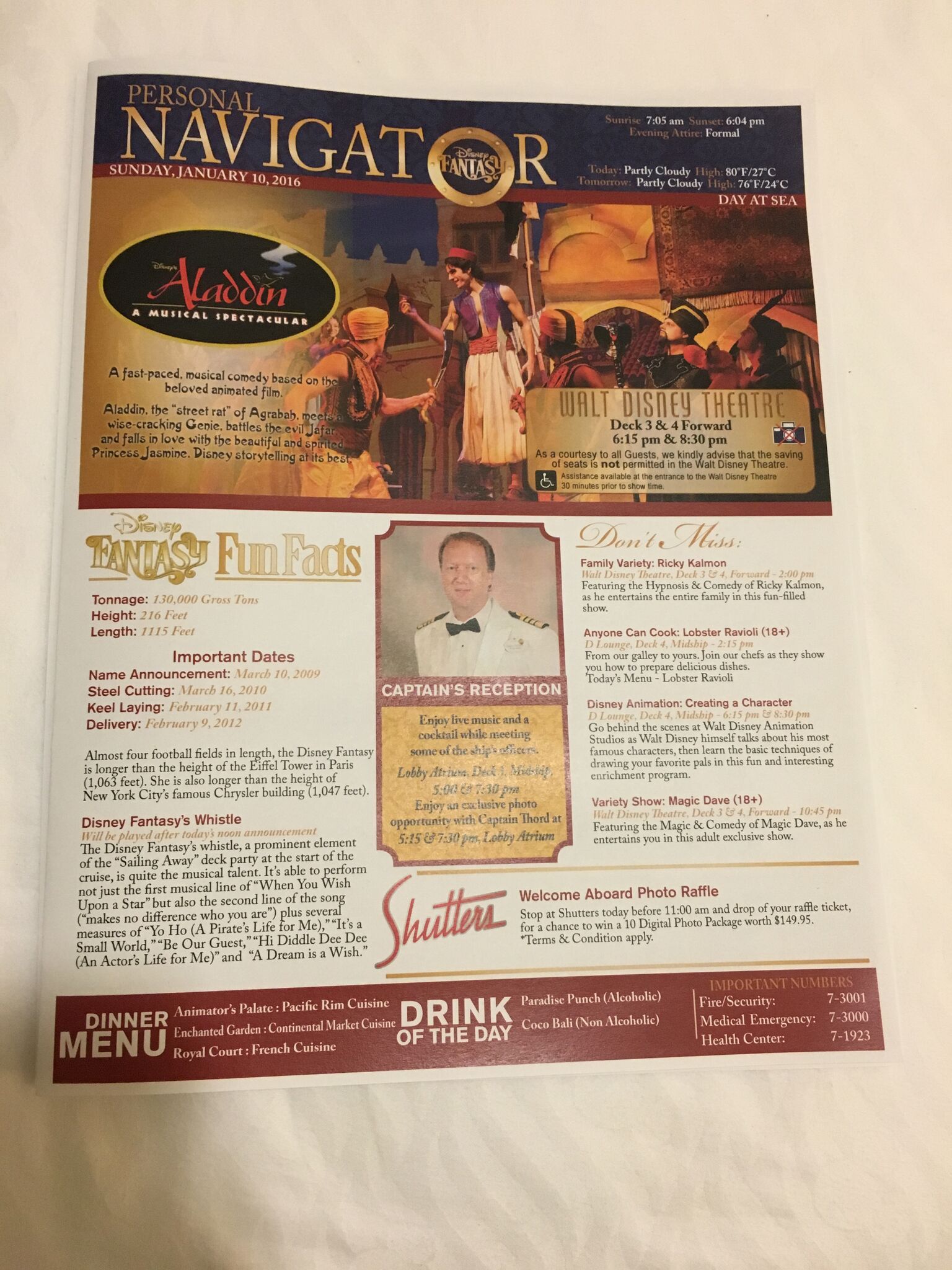
Then, on the last full day of your cruise, not only are you given information and instructions on how the debarkation process works, but you are also able to view a looping instructional video on the stateroom television detailing the process. I have been on five Disney cruises, yet I still find myself watching this video on every cruise, as a reminder of how everything works.
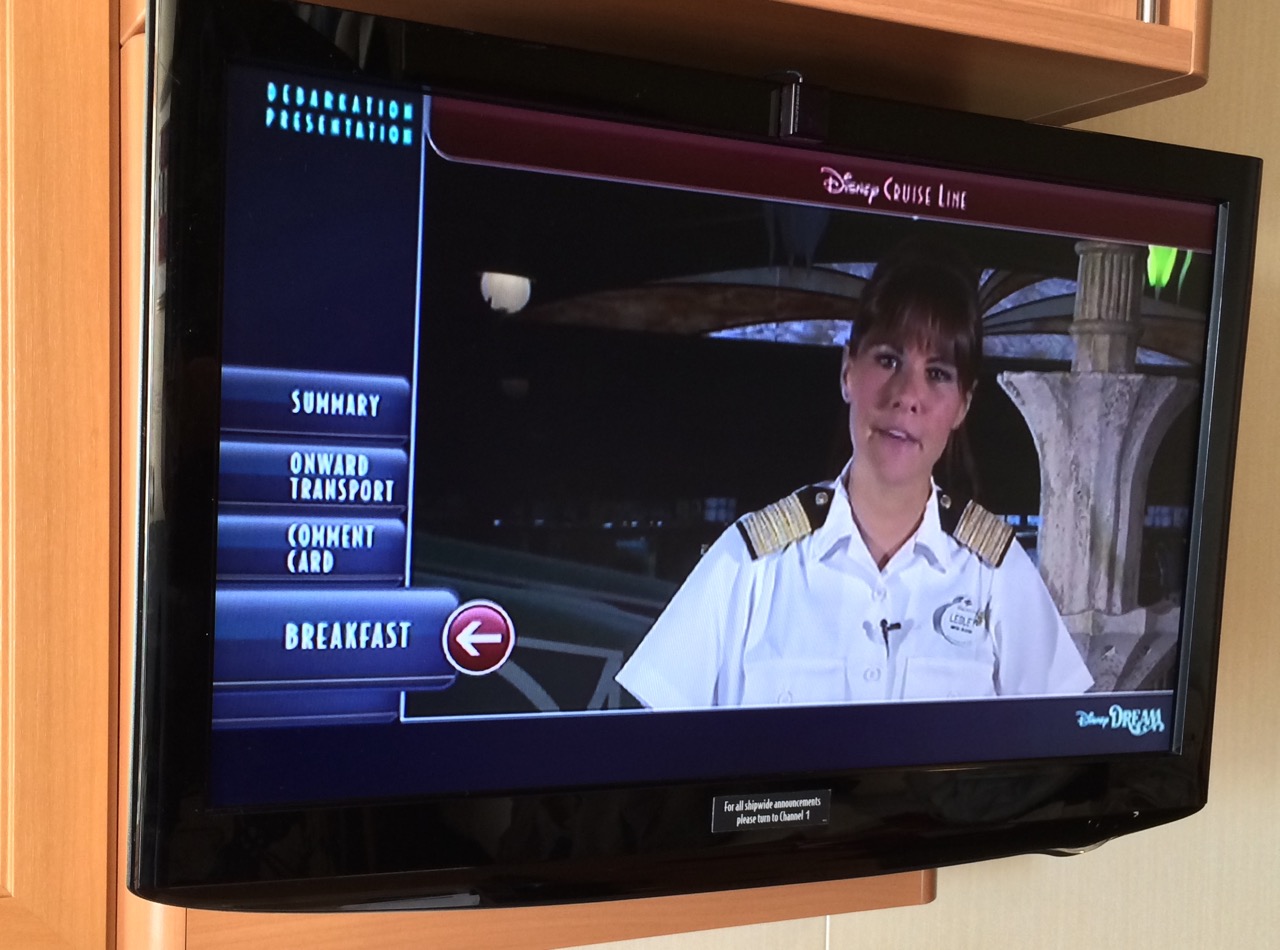
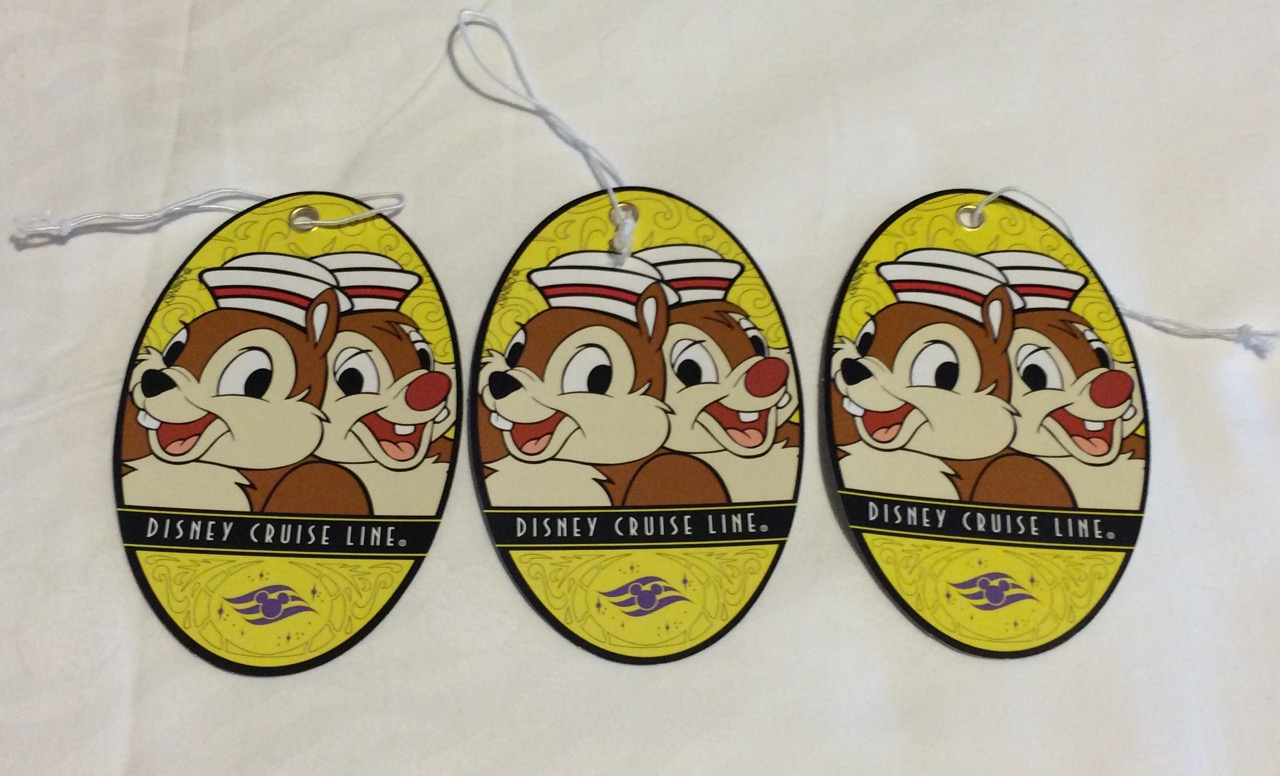
When Disney does things like this, it makes me ask myself: How am I keeping my students “in the loop?”
- Do I have clear information in my syllabus?
- Do I answer questions about an assignment not just when I first hand it out, but also another time as the due date approaches?
- When I have first year students, do I regularly solicit questions about the campus culture (final exam week, textbook buyback, renewing residence hall housing contracts, etc)?
- Do I remind all students, regardless of grade level, of important dates coming up in the semester (drop deadline, midterm warnings, etc)?
If a company as large as Disney can do it, what things are you doing to keep your students “in the loop?”
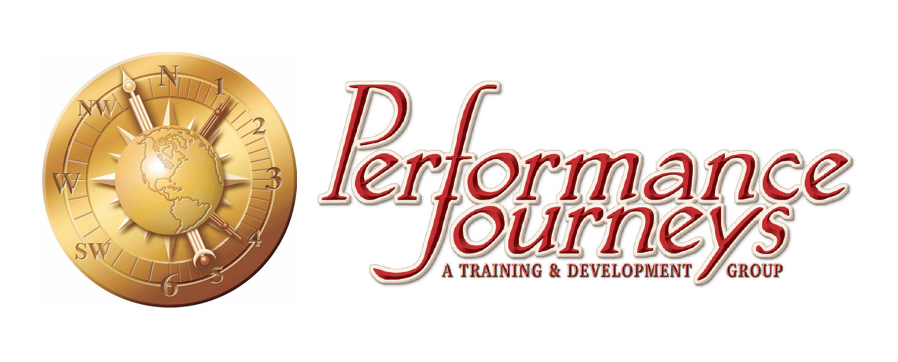
Comments are closed.